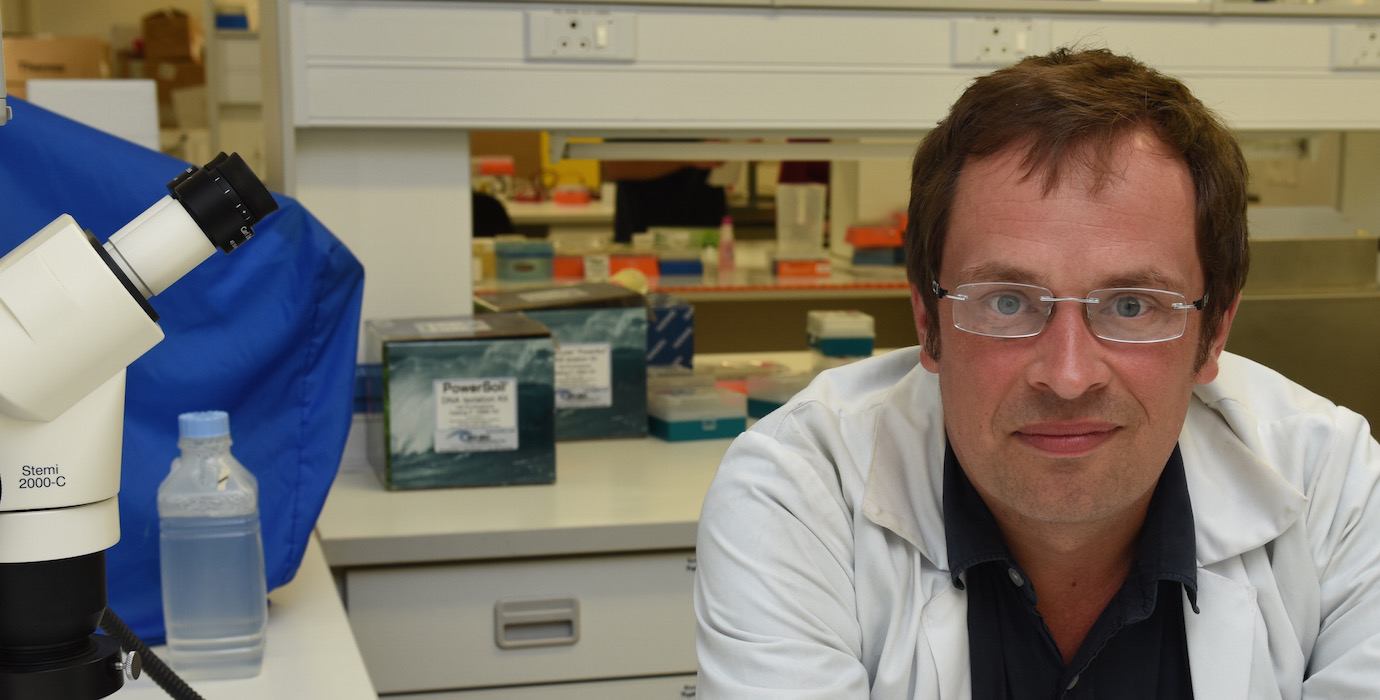
Breast cancer survivors could be vulnerable to common illnesses
Breast cancer survivors treated with chemotherapy could be vulnerable to common illnesses because of the long-term impact on the body’s immune response, according to new research findings. Chemotherapy is used to treat 30% of breast cancer patients and whilst previous studies have investigated its effects on immune systems during the therapy itself – and up to a short period after the last treatment – little is known about the long-term impact on immunity. Researchers from University of Leeds and Leeds Teaching Hospitals NHS Trust measured the levels of lymphocytes, a group of white blood cells involved in the body’s immune response, together with antibodies. They found that chemotherapy reduced levels of some immune system components for at least nine months after treatment.

Digital design to boost pharmaceutical industry
University of Leeds researchers are part of a project to transform the UK’s pharmaceutical industry by introducing new digital design processes. The £20.4 million ADDoPT (Advanced Digital Design of Pharmaceutical Therapeutics) project is a major four-year collaboration between the Government, industry and universities. It is expected to reduce the development time and cost of innovative medicines and improve the competitiveness of the UK’s pharmaceuticals sector.

‘Big Data’ generates need for ‘Data Diplomacy’
“Data Diplomacy” seeks to better understand the role that data sharing plays as an agent in social and political relationships around the world. Examples of data diplomacy can include: negotiations between two competing health systems to enable access to electronic medical records of shared patients; cross-national sharing of outbreak data, such as ownership of and access to information about people impacted by Ebola virus; or the impact on diplomatic relationships among nations due to systematic “leakages” of data, evidenced by the Edward Snowden case.

Leeds researchers conduct new training programme in Africa
A team of researchers led by the University of Leeds is conducting a new and innovative training programme in Africa. The Development in Africa with Radio Astronomy (DARA) project, led by Professor Melvin Hoare, seeks to provide people in the targeted countries with training to use radio telescopes. It also has an outreach programme to encourage young people to study the technological aspects of radio astronomy and pursue STEM (science, technology, engineering and mathematics) subjects. The project is funded by the Newton Fund – a novel initiative that aims to promote the economic development and social welfare of developing countries through scientific collaboration.

A kink in the fault line explains why the Himalayas keep growing
An international team of scientists has shed new light on the earthquake that devastated Nepal in April 2015, killing more than 8,000 people. In a study published in the journal Nature Geoscience, the scientists show that a kink in the regional fault line below Nepal explains why the highest mountains in the Himalayas are seen to grow between earthquakes. The researchers, from the UK’s Centre for the Observation and Modelling of Earthquakes, Volcanoes and Tectonics (COMET), as well as academics from the USA and France, also demonstrate that the rupture on the fault stopped 11km below Kathmandu.

Study on Novel Glucose-Responsive Materials for GOX-Free Glucose Sensors
The researchers of the joint team from Zhejiang University, University of Leeds and University of York are currently exploring novel glucose-responsive materials for GOX-free glucose sensors which will be more sensitive and stable.

CUHK Launches Global China Research Program
The Chinese University of Hong Kong (CUHK) recently launched the Global China Research Program with the goal of understanding China’s global presence and international relations, as well as the global reception of China’s outward engagements.

Many colorectal cancer survivors struggle to cope with daily life
Around 7,000 colorectal cancer survivors in the UK struggle to cope with daily life years after their diagnosis, according to new analysis led by University of Leeds researchers. The study, recently published in the Journal of Clinical Oncology and partly funded by Macmillan Cancer Support, shows that just under 1 in 6 (15%) people who survive a year to three years after a colorectal cancer diagnosis in England experience ‘social distress’, perceiving their daily social interactions to be severely negative or distressing.

A fighting chance of survival: life-saving stents for heart attacks
A study of 300,000 heart attack patients, led by the University of Leeds, has found rapid rates in the uptake of a treatment which improves a patient’s chances of survival after a major heart attack. The research, part-funded by the British Heart Foundation and the National Institute of Health Research, showed the uptake of heart attack treatment gives nine in ten patients fighting chance of survival. The use of emergency stenting treatment (PPCI) increased from 0.1% in 2003 to 86% in 2013 for patients with STEMI – a heart attack caused by a complete blockage of a coronary artery which accounts for 25-40% of all heart attack cases in Europe.

Parasitic worms: friends or foes?
Meet the UCT researcher discovering how parasitic worms can benefit human health.